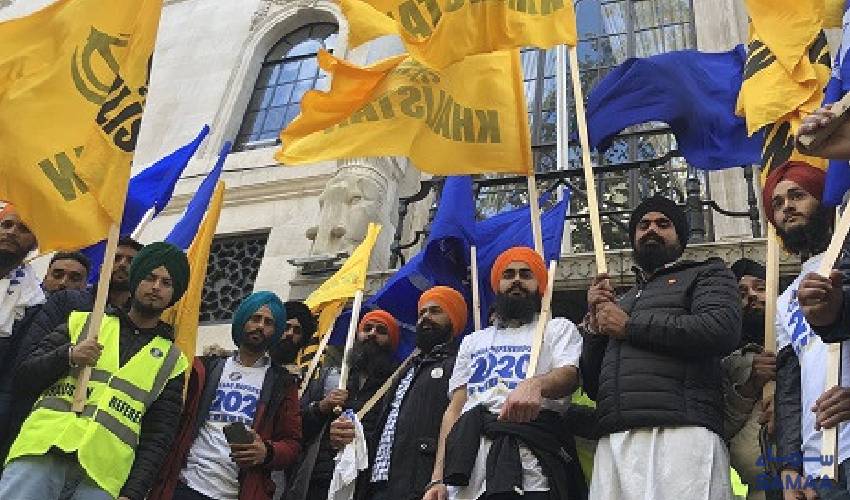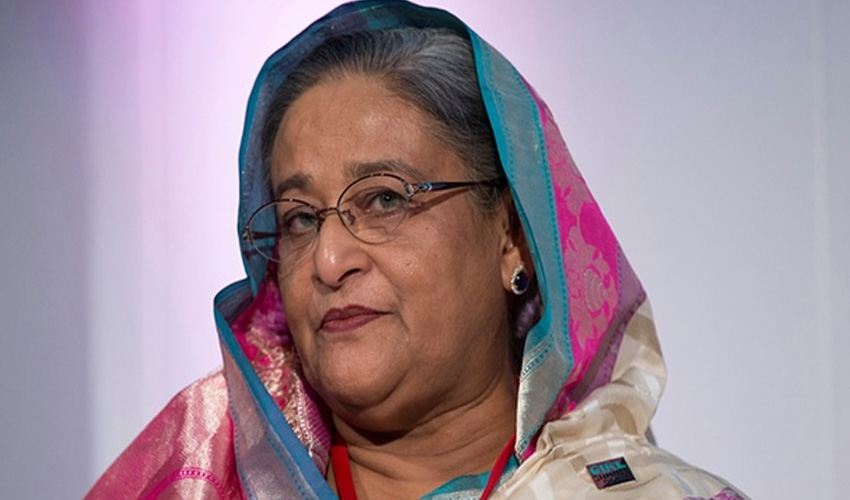British Prime Minister Rishi Sunak is reportedly considering implementing some of the world's strictest anti-smoking measures in an effort to prevent the next generation from ever being able to buy cigarettes.
Sources have revealed that Sunak is exploring measures similar to those introduced by New Zealand in December, which involve gradually raising the legal smoking age to a point where tobacco would no longer be sold to individuals born on or after January 1, 2009.
Taking inspiration from New Zealand's anti-smoking policies, the UK's measures would effectively phase out cigarettes for the next generation. New Zealand's former Prime Minister Jacinda Ardern also enacted legislation to reduce the nicotine content in tobacco products and restrict their sale to specialty tobacco stores instead of convenience stores and supermarkets.
These proposed anti-smoking initiatives are part of a broader consumer-focused agenda being pursued by Sunak's team in preparation for next year's election.
In addition to these measures, Sunak has faced criticism for causing uncertainty in the education sector by considering a revamp of A-levels to a system more akin to the international baccalaureate, allowing students to study a wider range of subjects.
When asked about the potential for a New Zealand-style smoking ban, a UK government spokesperson emphasized the deadly consequences of smoking, which claims tens of thousands of lives annually and places a substantial burden on the NHS and the economy.
The spokesperson also highlighted existing efforts to reduce smoking rates in England, including providing one million smokers with free vape kits through the "swap to stop" initiative, launching voucher schemes to incentivize pregnant women to quit smoking, and considering mandatory cigarette pack inserts as part of the government's ambition to become smoke-free by 2030.



























